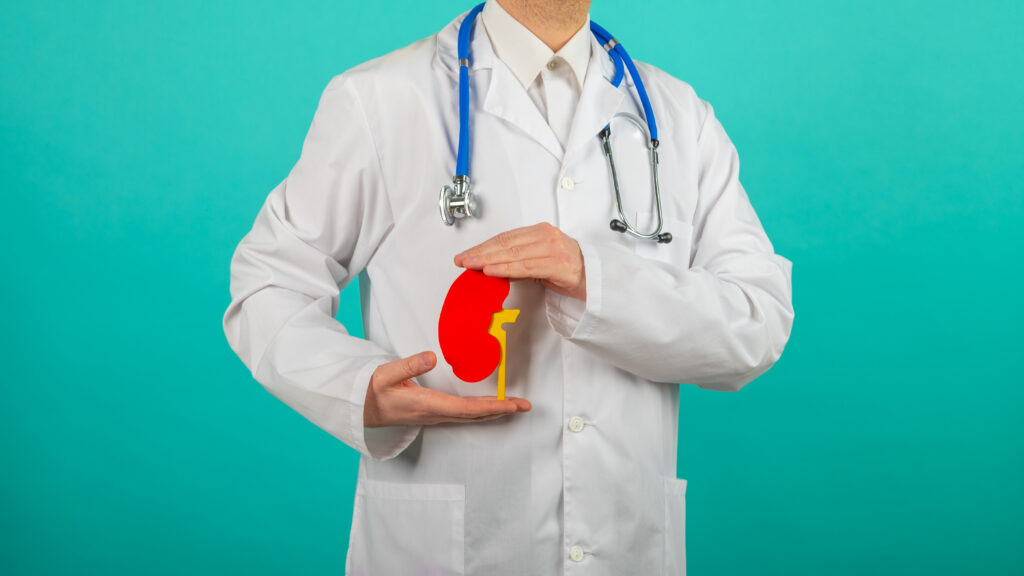Interstitial Nephritis is a kidney condition that affects the spaces between the kidney’s tiny filters. These spaces are called the interstitium. When this area becomes inflamed, it can harm how your kidneys work. Because healthy kidneys are vital for removing waste from your body, Interstitial Nephritis is a serious health concern. Early detection and treatment can help prevent lasting kidney damage. In this blog, you will learn about Interstitial Nephritis, its causes, symptoms, diagnosis, and treatment options.
What is Interstitial Nephritis?
Interstitial Nephritis is a type of kidney inflammation. It happens when the tissue between the kidney’s filters becomes swollen. This swelling can make it hard for your kidneys to clean your blood. Sometimes, the condition is sudden (acute), but it can also last a long time (chronic). Either way, it can lead to kidney problems if not treated. According to the National Kidney Foundation, Interstitial Nephritis is a common cause of sudden kidney injury.
Causes of Interstitial Nephritis
There are several reasons why someone might develop Interstitial Nephritis. Often, it is linked to medicines or infections. However, other factors can also play a role.
Because some medicines are more common in certain areas, your location and local healthcare practices may affect your risk.
Common Symptoms
Symptoms of Interstitial Nephritis can be mild or severe. Sometimes, they appear quickly. Other times, they develop slowly. Watch for these signs:
However, not everyone will have all these symptoms. If you notice any of them, it is important to see a doctor soon.
Diagnosis Methods
Doctors use several tests to diagnose Interstitial Nephritis. Early diagnosis can help prevent kidney damage. Here are some common methods:
Because symptoms can be similar to other kidney problems, these tests are important for a clear diagnosis.
Treatment Options
Treating Interstitial Nephritis depends on the cause. Early treatment can help your kidneys recover. Here are some common options:
Most people recover well if treatment starts early. However, some may have lasting kidney problems.
Prevention and Lifestyle Tips
While not all cases can be prevented, you can lower your risk with some simple steps. Here are some tips:
Because some medicines are more common in certain countries, always ask your doctor about the safest options for you.
In summary, Interstitial Nephritis is a serious kidney condition, but early care can make a big difference. For more information, you can visit trusted sources like the National Kidney Foundation or the World Health Organization. Consult a nephrologist for personalized advice on Interstitial Nephritis.

